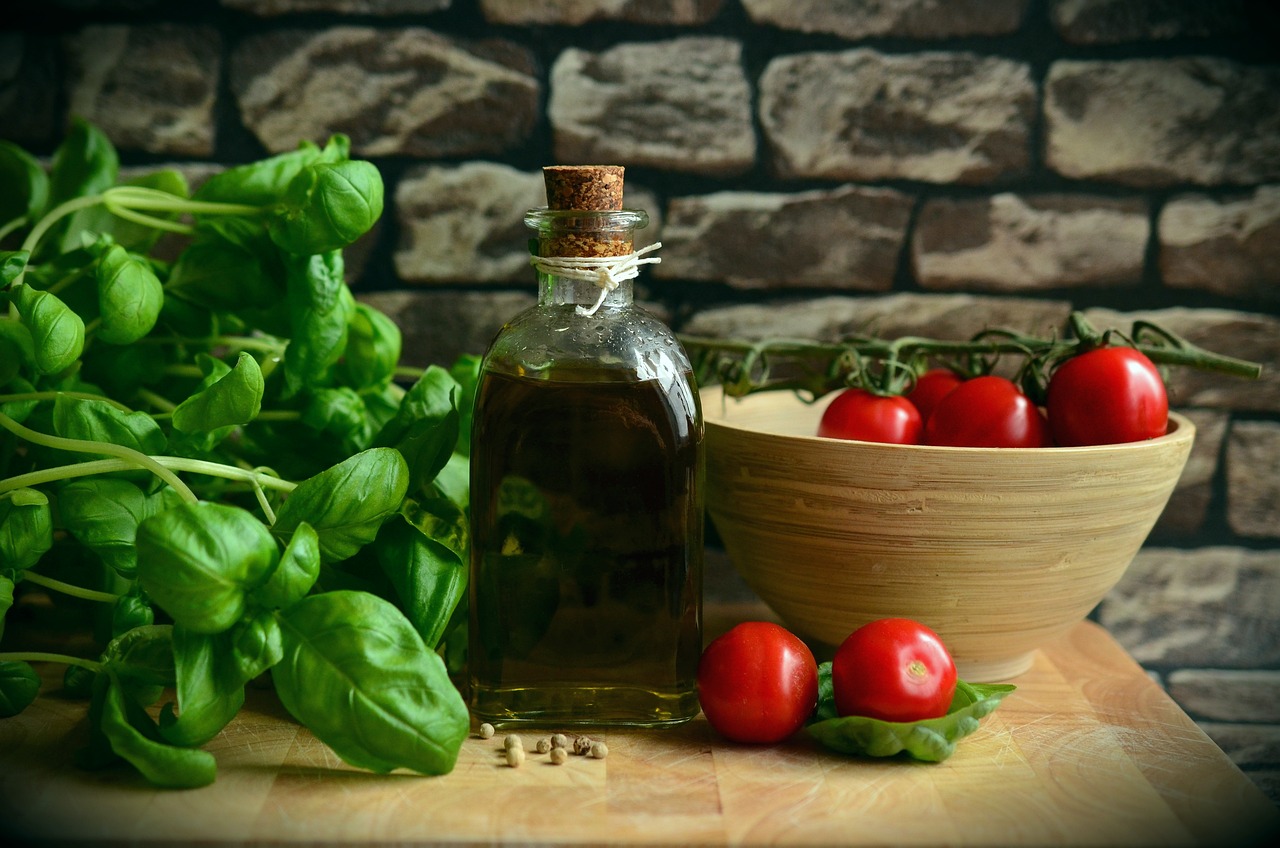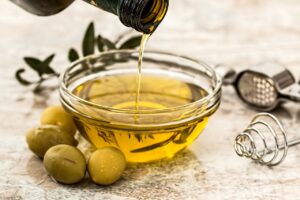Introduction
Palestinian olive oil is far more than just a cooking ingredient; it is a centuries-old symbol of culture, identity, and resilience. It plays a central role in Palestinian heritage and is deeply interwoven with the social, economic, and agricultural landscape of the region. Revered for its distinctive flavor and health benefits, Palestinian olive oil stands as a testament to the enduring spirit of the people who have cultivated these groves for generations, often under challenging circumstances.
The History of Olive Cultivation in Palestine
The cultivation of olives in Palestine dates back thousands of years, with evidence suggesting that olive trees have been grown in the region for over 5,000 years. The ancient Greeks, Romans, and Egyptians all appreciated the value of olives, but it was the people of Palestine who mastered the art of cultivating and pressing olives to produce oil. The rich soil and favorable Mediterranean climate, characterized by hot, dry summers and mild, wet winters, provide ideal conditions for olive trees to thrive.

Traditionally, the olive harvest season, known as the “jaloul,” takes place between October and November. During this time, families come together to pick olives, turning the harvest into a communal event filled with tradition and rituals. For many Palestinian families, olive oil production is a way of preserving their heritage, with techniques passed down through generations. Despite the passage of time, these age-old practices have remained largely unchanged, ensuring that the quality and authenticity of the oil are maintained.
Cultural Significance of Olive Oil in Palestinian Society
In Palestinian culture, the olive tree is a symbol of life, peace, and steadfastness. It is deeply embedded in the social and religious fabric of the region, often associated with blessings, fertility, and prosperity. The tree’s ability to withstand harsh conditions and continue to bear fruit even in difficult soil makes it a powerful metaphor for the resilience of the Palestinian people.
Olive oil is a staple in Palestinian cuisine, used in a wide variety of dishes, from the simple breakfast dip of olive oil and za’atar to the more elaborate makloubeh (a traditional layered rice dish) and musakhan (roasted chicken with onions, sumac, and olive oil). The oil is also used in traditional medicine, cosmetics, and religious rituals, further underscoring its integral role in daily life.
The annual olive harvest is a time of celebration, bringing families and communities together. However, it also has a deeper significance in the context of Palestinian identity. The olive groves are seen as an ancestral inheritance, passed down through generations, symbolizing the deep-rooted connection between the Palestinian people and their land.
The Health Benefits of Palestinian Olive Oil
Palestinian olive oil is not only rich in flavor but also packed with numerous health benefits. As a key component of the Mediterranean diet, it is renowned for its high levels of monounsaturated fats and antioxidants. Research suggests that consuming extra virgin olive oil can help reduce the risk of heart disease, lower cholesterol levels, and even protect against certain types of cancer.
The oil is also a potent source of polyphenols, natural compounds that have anti-inflammatory properties and contribute to overall health. These antioxidants are thought to help combat oxidative stress in the body, which can lead to chronic diseases. Additionally, olive oil is known for its ability to enhance cognitive function, making it a valuable addition to a balanced diet.
Palestinian extra virgin olive oil is cold-pressed, ensuring that the beneficial nutrients remain intact. Unlike mass-produced oils, it is free from chemicals and additives, making it a purer and healthier option.
The Challenges of Olive Oil Production in Palestine
Despite its historical and cultural significance, the production of olive oil in Palestine faces significant challenges. Political conflict, land restrictions, and limited access to resources have had a profound impact on olive farmers. The ongoing Israeli-Palestinian conflict has led to restricted access to agricultural lands, particularly in the West Bank, where many olive groves are located. Farmers often face difficulties in reaching their groves due to checkpoints, security barriers, and other restrictions imposed by the Israeli authorities.
Moreover, the construction of settlements and the separation wall has resulted in the confiscation of agricultural land, reducing the area available for olive cultivation. Many farmers report instances where olive trees have been uprooted or damaged, causing significant financial losses. This not only affects the livelihoods of the farmers but also threatens the preservation of a cultural heritage that has been maintained for millennia.
Another challenge is the fluctuating global market prices for olive oil, which can impact the profitability of small-scale producers. In recent years, the Palestinian olive oil industry has made efforts to diversify its markets by exporting to Europe, North America, and other regions. However, barriers to international trade, including restrictions on exports, make it difficult for Palestinian farmers to reach these markets.
Sustainable Practices and the Future of Palestinian Olive Oil
Despite these challenges, many Palestinian farmers are turning to sustainable and organic farming practices to enhance the quality of their olive oil and make their products more competitive in the global market. Traditional cultivation methods, which avoid the use of synthetic fertilizers and pesticides, are already in line with organic farming standards. This natural approach not only ensures the purity of the oil but also supports the preservation of the environment.
Several non-governmental organizations (NGOs) and cooperatives have stepped in to support Palestinian olive farmers by providing training, certification, and marketing assistance. These initiatives aim to help farmers adopt organic practices, improve production processes, and connect with international buyers who value ethically sourced and high-quality products.
Additionally, fair trade initiatives have gained traction, enabling Palestinian olive oil producers to receive fair compensation for their labor. Fair trade certification not only improves the livelihoods of farmers but also increases consumer awareness about the challenges faced by olive growers in Palestine.
The Global Recognition of Palestinian Olive Oil
In recent years, Palestinian olive oil has started to gain recognition on the global stage for its superior quality and unique flavor profile. It has won awards at international competitions, where experts have praised its rich, fruity aroma and peppery finish. The oil is often described as having a robust and slightly bitter taste, with hints of green herbs, almonds, and artichokes.
Many chefs and food enthusiasts are drawn to Palestinian olive oil for its authenticity and sustainability. By supporting Palestinian olive oil, consumers are not only enjoying a premium product but also contributing to the preservation of a cultural tradition and the empowerment of farmers who face significant economic and political challenges.
Conclusion
Palestinian olive oil is much more than a culinary delicacy; it is a symbol of resilience, identity, and cultural heritage. The dedication of Palestinian farmers to cultivating olive trees under difficult conditions speaks volumes about their enduring spirit and connection to their land. In every drop of Palestinian olive oil, one can taste the history, passion, and struggle of a people who have maintained their traditions against all odds.
As the global market increasingly recognizes the value of ethically produced and high-quality products, there is hope that Palestinian olive oil will continue to thrive. Supporting this industry is not only about enjoying one of the world’s finest olive oils but also about standing in solidarity with a people striving to protect their heritage and sustain their livelihoods.

